How to Raise a Small Amount of Capital for Your Startup
Practical ways to raise $5K–$25K for your startup without taking a loan.

Starting a business doesn’t always mean chasing millions. Sometimes all you really need is $5K–$25K to test your idea, build a prototype, or run your first small campaign.
The good news? You don’t have to take on debt or sign up for a loan to get there.
There are plenty of creative ways to raise a small amount of capital, if that’s bootstrapping from your own savings, asking friends or family (without it getting messy), joining a local accelerator, or even pre-selling your product before it exists. Crowdfunding has also made it easier than ever to gather support from people who believe in your vision.
🔑 Key Takeaways
- You don’t need a big check to start; testing an idea with a few thousand dollars can be enough to prove if it’s worth scaling.
- Relationships and community matter as much as money. Many small funding sources also connect you with mentors, peers, and early supporters.
- Clarity beats complexity. Even for small asks, people back founders who can explain their idea, use of funds, and next steps in plain language.
- Raising $5K–$25K is less about the source of cash and more about showing traction if it's through early customers, structured agreements, or local networks.
Bootstrapping: Your First Source of Capital
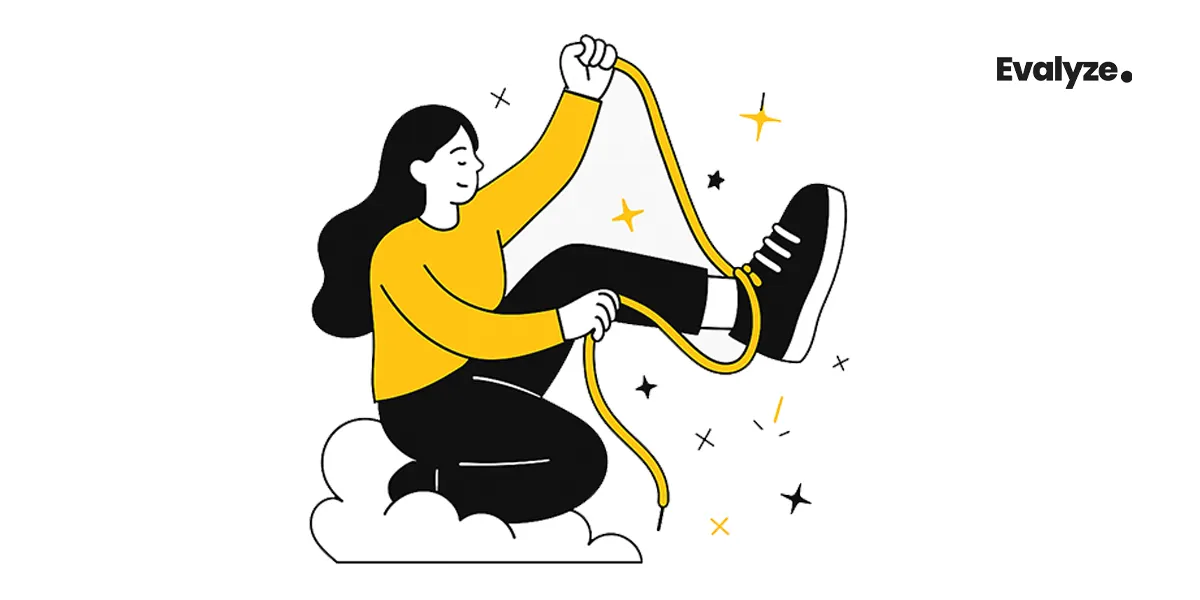
One of the simplest ways to raise a small amount of capital is to start with what you already have. That might mean dipping into savings, cutting back on personal expenses, or using extra income from a side hustle to fund your startup.
The upside? You stay in full control. No equity to give away, no investors to please, just you and your idea.
The downside? Your runway is limited, and the personal sacrifices can feel heavy. Bootstrapping works best when you need a small push to get moving, not when you’re trying to scale big right away.
Friends and Family: But Structure It Right
The first people who often believe in you are friends and family. They know you, they trust you, and they want to see you succeed.
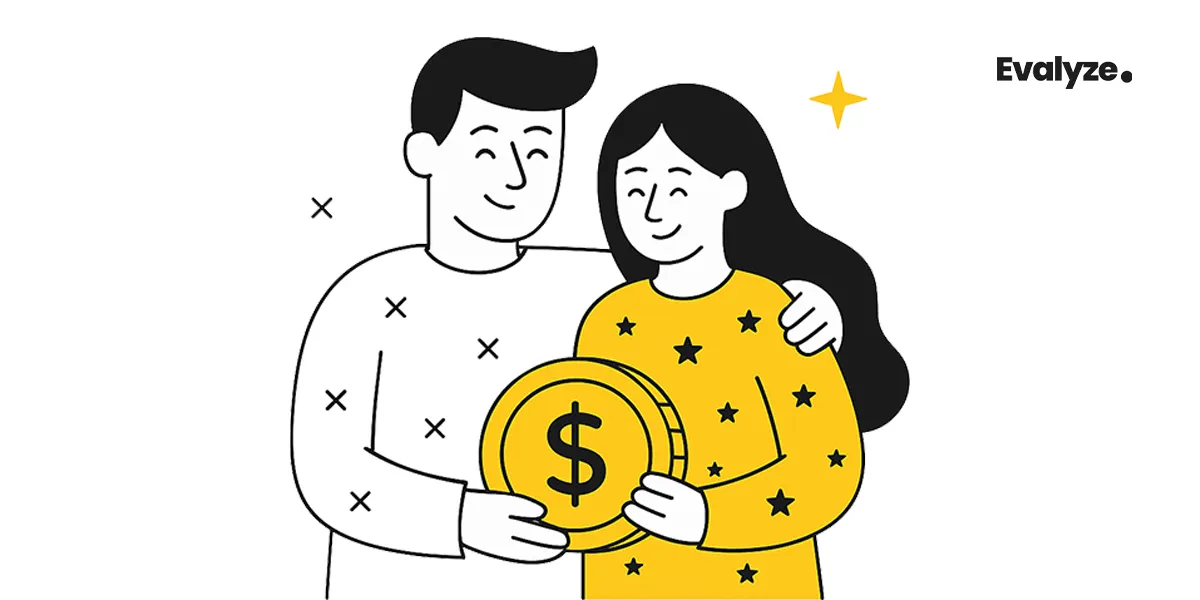
But here’s the catch: borrowing money informally can create awkwardness later. Instead of treating it like a handshake loan, consider using a simple legal tool like a SAFE (Simple Agreement for Future Equity). It’s an easy way to say, “You’re not just lending me money, you’re investing, and if this grows, you’ll share in the upside.”
This kind of structure keeps things clear, avoids misunderstandings, and protects your relationships. When you approach loved ones, be upfront about how much you need, what you’ll use it for, and the risks involved.
Honesty builds trust, and it makes everyone more comfortable with supporting you.
Good To Know: Startup Due Diligence: The Complete Founder’s Guide
Local Accelerators and Grants for Small Funding
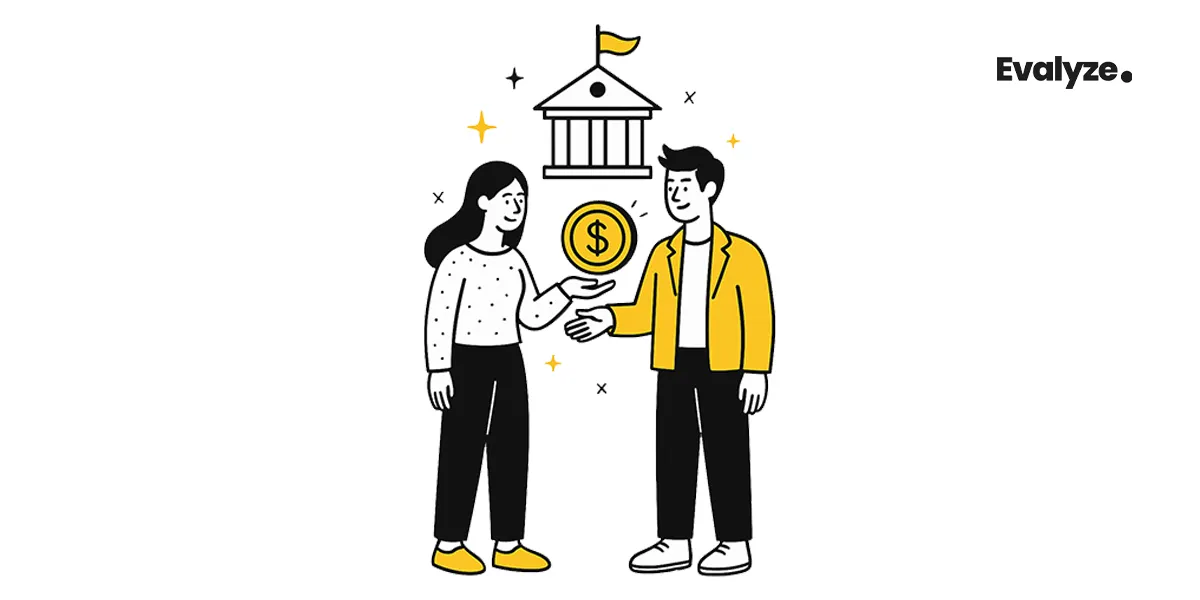
Another way to raise a small amount of capital without taking a loan is through local programs designed to back early founders. Many community accelerators, universities, or regional funds offer small stipends, often in the range of $5K–$20K.
These aren’t just about the money. Joining a startup weekend, student entrepreneur program, or regional grant competition also connects you with mentors, investors, and other founders. That network can be just as valuable as the cash.
If you’re still testing your idea, these programs give you a financial boost and a supportive community to grow with.
Angel Groups Open to Micro-Checks
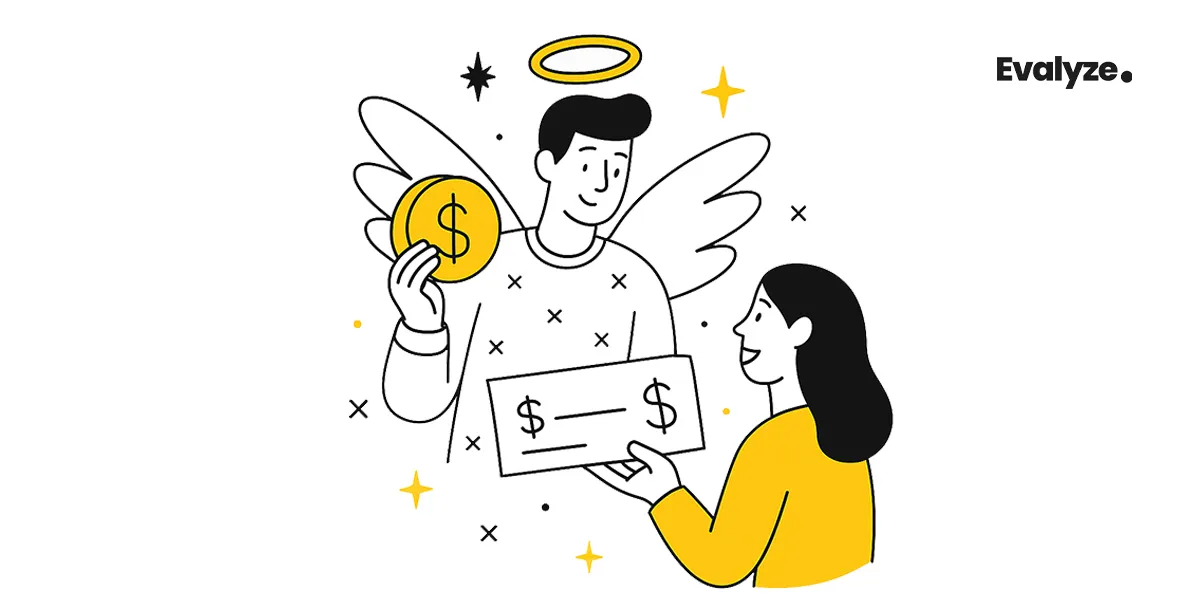
Not all investors write six-figure checks. Some angel groups and local investors are happy to put in $10K–$25K, especially if they like your idea and you’re part of their community.
The key is finding the right ones. Look for angel networks in your city or industry, and don’t be afraid to reach out to founders who’ve raised before; they often know which angels back smaller rounds.
Even at this stage, show up prepared. A short, clear pitch deck that explains your idea, how much you need, and what you’ll do with it can make all the difference.
Did you know: How to Find Angel Investors for Your Startup
Find the angel investors who actually fit your stage and cheque size with Evalyze, without weeks of searching.
Pre-Selling or Crowdfunding Your MVP
Another smart way to raise a small amount of capital without a loan is to let your customers fund you. Pre-selling your product or running a small crowdfunding campaign means you get money upfront to build, and in return, people get early access.
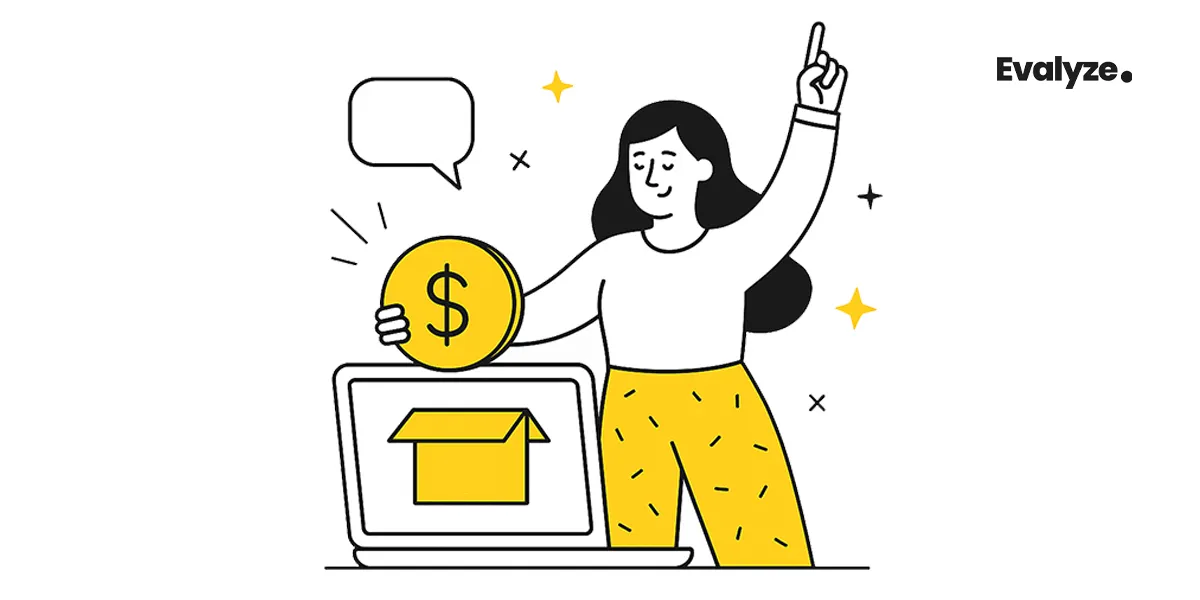
Platforms like Kickstarter, Indiegogo, or even Gumroad are great for this. It works especially well for consumer products, creative projects, or SaaS tools where early adopters are excited to try something new.
The bonus? Apart from raising money, you’re also proving that people actually want what you’re building.
Which Option Is Right for You?
Each path to startup funding without a loan has its own flavor:
- Bootstrapping is the fastest way to move, but it’s all on your shoulders.
- Friends and family bring trust to the table, but you’ll want to structure it carefully.
- Accelerators and grants give you money plus a supportive community.
- Angels provide validation and open doors to bigger networks.
- And crowdfunding? That’s your proof that real people want what you’re building.
Think about your stage, your comfort level, and how much outside involvement you want. There’s no single “right” answer, just the one that fits your situation best.
Free Resource: Best Platforms to Find Investors for Startups
Preparing Your Ask
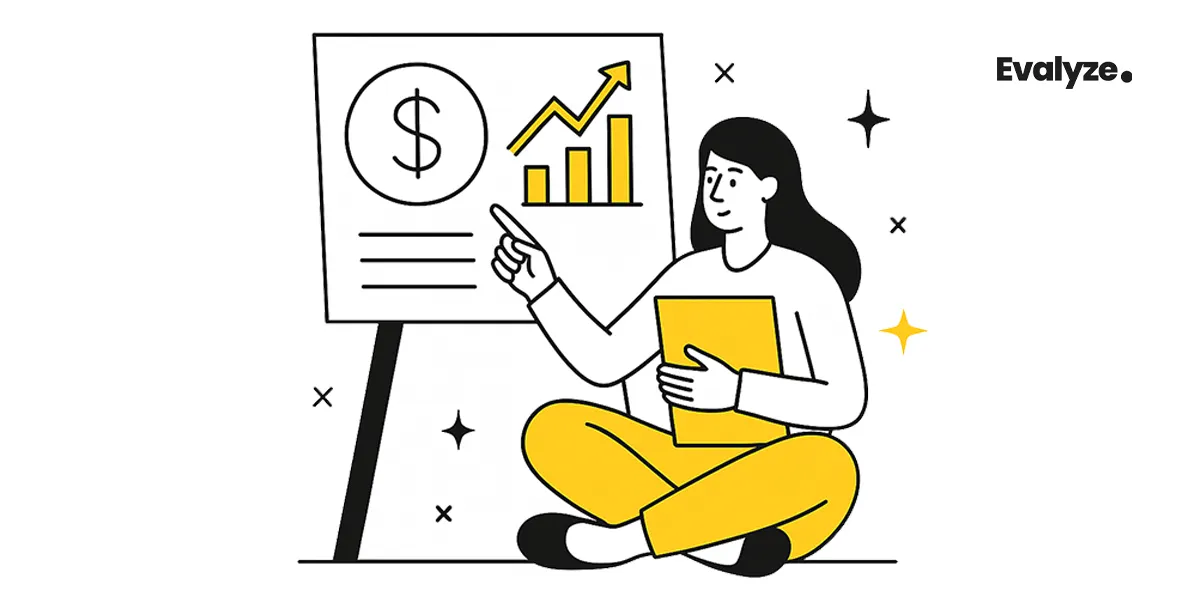
If you’re asking for $5K or $25K, showing up prepared matters. People want to know what you’ll do with their money, how it helps your business, and why they should believe in you.
Keep it simple: a clear story about your idea, a breakdown of how you’ll use the funds, and a short pitch deck that highlights the essentials.
Even friends and family feel more confident when they see you’ve thought things through. The more clarity you bring, the easier it is for others to say yes.
Editor Pick: What Is Private Equity?
Conclusion
Getting your first $5K-$25K doesn’t have to mean debt, bank paperwork, or endless stress. With a mix of self-funding, leaning on your community, and creative options like crowdfunding, you can raise a small amount of capital and take the first real steps toward building your business. The key is showing up prepared and telling your story clearly.
In this way, Evalyze.ai helps you polish your pitch deck and validate your story before you approach anyone for money.
Try our free pitch deck analysis today and get matched with investors.
More Articles
What Is Private Equity? All You Need to Know
A guide to late-stage capital that helps profitable startups scale, get acquired, or go public with more money, more involvement, and higher stakes than venture capital.
August 2, 2025
How to Smartly Invest in Startups with evalyze.ai
Finding the right opportunities when investing in startups can be challenging. Evalyze.ai is here to make it easier.
December 2, 2024